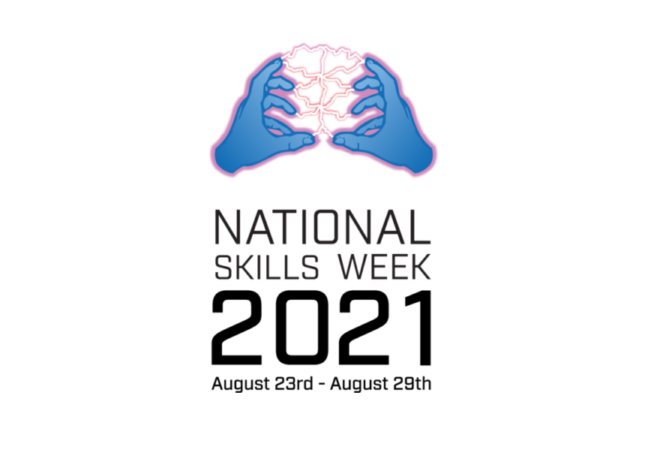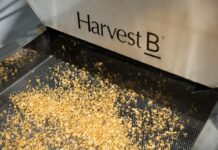
Media Release
Workforce skills program developers, Innovation and Business Skills Australia (IBSA) Group says the Covid-19 pandemic has presented a tremendous opportunity to kick-start Australia’s manufacturing sector.
Trade disruptions due to Covid-19 has forced more companies to move to onshore their supply chains and the closure of borders has halted skilled migration, with lasting impacts likely for years to come.
IBSA Group CEO Sharon Robertson said many more job opportunities, as well as skills-based apprenticeships, are likely to be created due to more companies manufacturing in Australia rather than abroad.
“Governments are also committed to substantial funding to re-skill our workforce in response to these challenges which is incredibly encouraging and exciting for Australia’s manufacturing and related industries,” she said.
“Now is the time for all of us invested in skills training in Australia to be bold and determined, to propose and, most importantly, get stuck into implementing practical solutions that will deliver relevant, dynamic training programs that meet the skills needs of current and emerging employers and industries.
“These solutions need to attract school leavers, the unemployed and current workers to the real skills-based career opportunities available.”
IBSA Group recently undertook a six-month consultation process with employers and other organisations in the manufacturing and related industries to identify the priority actions needed to ensure Australia has the highly skilled workers required to support modern manufacturing.
Ms Robertson said there was strong and clear consensus from manufacturers, training organisations, peak bodies and unions operating within the sector of the need to provide more work-based learning and apprenticeship training opportunities that create pathways to higher skills development.
“To build sovereign manufacturing capability, industry wants a workforce skilled in product development, new technologies, design and prototyping, along with gaining efficiencies through sustainability and collaborative skills,”
“The clear need for the development of advanced skills from the platform of work-based learning was identified. One of the key recommendations of the report is greater recognition of apprenticeships as pathways to higher qualifications and higher learning,” Ms Robertson said.
“The manufacturing sector wants to see a system of apprenticeships that incorporate extensive STEM-based skills that provide qualifications equating to a diploma or advanced diploma.”
National Skills Week, from 23-39 August, is designed to shine a national spotlight on jobs of the future, skills shortages and the myriad of inspiring, lucrative and rewarding career pathways that can be pursued through the Vocational Education and Training (VET) sector.
Now moving into its eleventh year, National Skills Week 2021 invites Australians to explore the many vocational career pathways as Australia’s economy recovers from the pandemic.
National Skills Week Chair, Brian Wexham, says that during the week, areas of emerging skills needs are highlighted, career options profiled and inspiring stories told.
“There has never been a more pivotal time to educate job seekers and school leavers on the importance of gaining a skill, apprenticeship or traineeship and particularly highlighting key job growth industries such as manufacturing,” Mr Wexham said.
National Skills Week 2021 will be launched by The Hon. Minister Stuart Robert, Minister for Employment, Workforce, Skills, Small and Family Business of Australia during the week from 23-29 August via virtual link.
For more information, visit www.nationalskillsweek.com.au




















